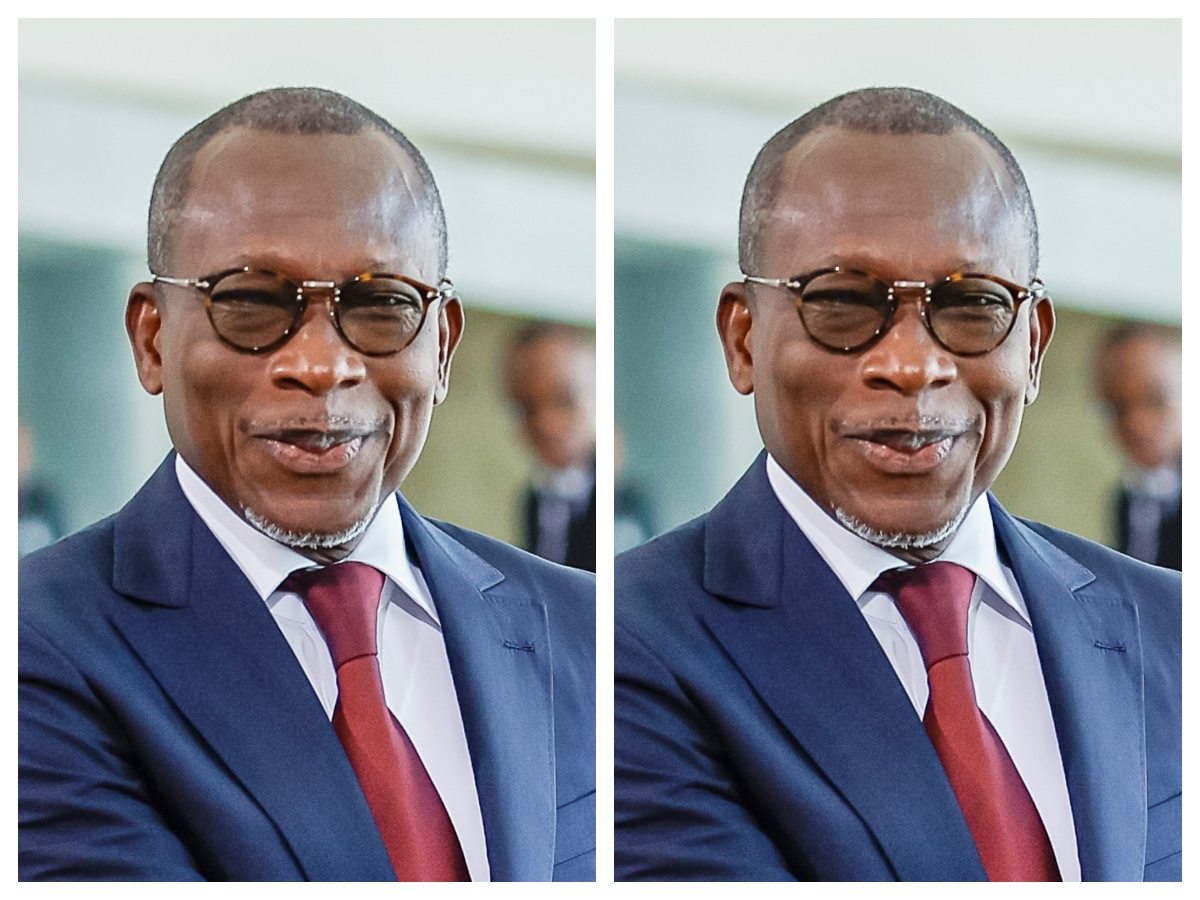Benin has set the stage for major constitutional change after lawmakers approved a reform package that expands presidential and parliamentary terms while introducing a new legislative chamber. The decision comes just months before the nation heads to the polls to choose its next leader in April 2026.
On Saturday, the National Assembly endorsed the amendment by a 90-19 margin, clearing the way for presidential and legislative terms to shift from five to seven years. The two-term cap for presidents, however, remains firmly in place.
A central feature of the reform is the creation of a Senate, expected to hold between 25 and 30 seats. Its membership would include former presidents and individuals appointed directly by the head of state. The new chamber would possess the authority to request a second reading of bills approved by the lower house, though finance-related laws are exempt.
READ ALSO: Tanzania launches inquiry as President Samia moves to heal election wounds
These changes still require validation by the Constitutional Court and would only take effect after the upcoming presidential election.
Current President Patrice Talon is preparing to leave office after a decade in power. Finance Minister Romuald Wadagni, a trusted member of Talon’s inner circle, is widely tipped as the favorite in the race, especially after the leading opposition contender was disqualified for failing to secure the necessary endorsements.
The reforms have ignited strong pushback among opposition parties. The Democrats rejected the Saturday vote, citing alleged irregularities and condemning the introduction of a Senate as unnecessary and politically motivated, AP reported.
Opposition legislator Kolawolé Djima Ogbon argued that a chamber likely to include Talon himself could enable the outgoing president to maintain lasting influence over state affairs.
READ ALSO: South Africa’s Ramaphosa hits back as Trump pulls U.S. from G20, calling it ‘their loss’
A Look at Patrice Talon’s Years in Office
Patrice Talon entered the presidency after running as an independent, finishing behind then–Prime Minister Lionel Zinsou in the first round but securing a decisive victory in the runoff. Zinsou conceded immediately, and Talon vowed to prioritize constitutional reform. At the time, he spoke openly about limiting presidents to a single term to fight what he described as “complacency.” He also pledged to streamline government.
Talon formed his administration without a prime minister and placed two defeated candidates who backed him in key roles: Pascal Koupaki as Secretary-General of the Presidency and Abdoulaye Bio-Tchane as Minister of State for Planning and Development. He promised to boost Benin’s economy and improve relations with France, while promoting reforms that would curb the power of the executive. Several women were appointed to influential ministerial posts.
Despite his early push for sweeping reform, Talon’s attempt to introduce a single presidential term ultimately stalled. Parliament rejected the bill that would have triggered a referendum, and while he voiced disappointment, he accepted the decision. He initially avoided confirming whether he would seek re-election but later pursued and won a second term with a commanding majority.
Benin’s democratic environment grew increasingly constrained during his tenure. New legal requirements forced presidential hopefuls to secure broad parliamentary support, at a time when nearly all MPs belonged to parties aligned with Talon. Critics warned he could run virtually unopposed, and although he did face challengers, several were later convicted on serious charges. Among them were Sébastien Ajavon, sentenced for drug trafficking and forgery; former Justice Minister Rekaya Madougou, convicted of terrorism; and law professor Joël Aïvo, imprisoned for money laundering and undermining state security. Journalist and educator Francis Kpatindé accused Talon’s administration of weakening human rights and restricting the right to strike.
Talon later became president of the West African Economic and Monetary Union (WAEMU). Following the coup in Niger, he publicly backed the country’s ousted president and denounced the military takeover.
In a dramatic turn, authorities uncovered an alleged plot targeting Talon. Businessman Olivier Boko, once considered close to the president, was named as the ringleader, alongside former sports minister Oswald Homéky and the head of the Republican Guard. All were arrested, convicted, and sentenced to lengthy prison terms.
As his second term winds down, Talon has repeatedly insisted he will not seek a third mandate and will not pursue constitutional amendments to extend his stay in office. He continues to affirm that he will not participate in the next presidential race.
READ ALSO: South Sudan: President Kiir fires vice president Benjamin Bol without explanation










